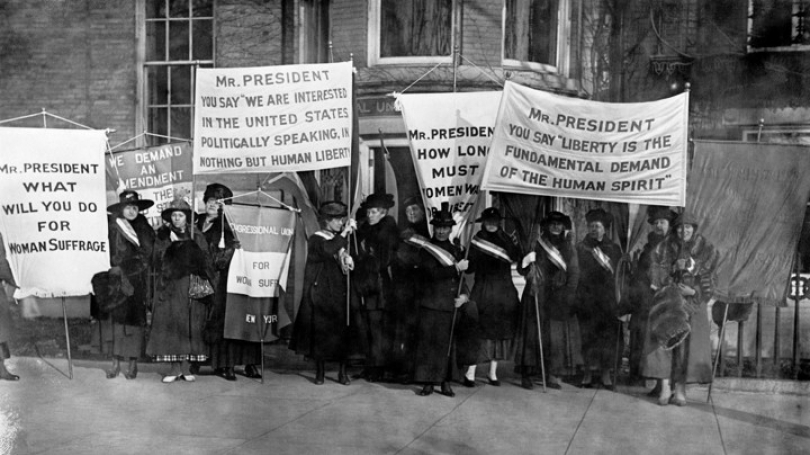
Menu
- About
- Undergraduate
- Research
- Inclusivity
- News & Events
- People
Back to Top Nav
Back to Top Nav
Back to Top Nav
Back to Top Nav
While a growing literature has shown that women prefer investments in child welfare and increased redistribution, little is known about the long-term effect of empowering women. Exploiting plausibly exogenous variation in U.S. suffrage laws, we show that children from economically disadvantaged backgrounds who were exposed to women’s political empowerment during childhood experienced large increases in educational attainment, especially blacks and Southern whites. We also find improvements in earnings among whites and blacks that experienced educational gains. We employ newly digitized data to map these long-term effects to contemporaneous increases in local education spending and childhood health, showing that educational gains were linked to improvements in the policy environment.
Assistant Professor Na’ama Shenhav's research "Who Benefited from Women's Suffrage?" was featured in the Atlantic.